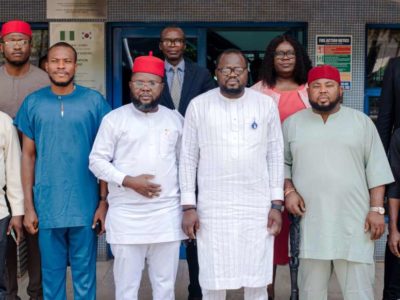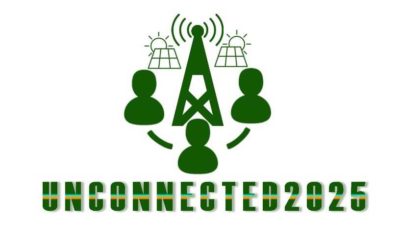Nine African states and other ICT partners have embarked on a shared vision under the Smart Africa initiative to make total connectivity in Sub-Saharan Africa a reality. Through the initiative, these countries are now poised to unlock the potential of ICTs and help countries experience the impact of digital media, big data and the general value that ICT brings along whilst ensuring sustainable development for the continent.
Smart Africa was borne from the Transform Africa Summit in Kigali in 2013. It brings together African governments, the private sector and international organizations to promote and ensure affordable access to broadband and ICTs in general, ushering Africa into the knowledge economy.
Founding partners of the Smart Africa initiative include: Burkina Faso, Gabon, Kenya, Mali, Rwanda, Senegal, South Sudan, Tchad, Uganda, as well as GSMA, AU Commission, NEPAD Agency, UNECA, AfDB, the World Bank and ITU. The Smart Africa secretariat has been created under the auspices of the government of Rwanda.
Each member country is committed to developing and implementing Smart country programs with clear targets and milestones which will be strongly aligned with the Smart Africa Manifesto. The manifesto hinges on five (5) pillars: Policy, Access, E-government, Private sector/Entrepreneurship and Sustainable development.
The SMART Africa manifesto has the full support of African Heads of State and Government who endorsed it under the umbrella of the African Union. The Heads commit to support the socio-economic transformation of Africa through smart implementation and application of ICTs.
The Smart Africa Manifesto is embedded in five principles. It is the resolve of Africa to: put ICT at the centre of national socio-economic development agenda; improve access to ICTs especially broadband; improve accountability, efficiency and openness through ICT; to put the private sector first; and to leverage ICT to promote sustainable development.
Smart Africa Flagship Initiatives are championed by individual member countries ranging from ICT Industry development, SMART cities, Youth Innovation and Job creation, Digital Economy, Green economy to Digital literacy. The Smart Africa platform will be used to raise funds that will be used to deliver the smart initiatives/flagships with a target of 300 billion USD by 2020. Since 2006, the Connect Africa initiative raises over 70 billion USD that has been used to fund infrastructure projects on the continent with the objective of connecting the unconnected.






























